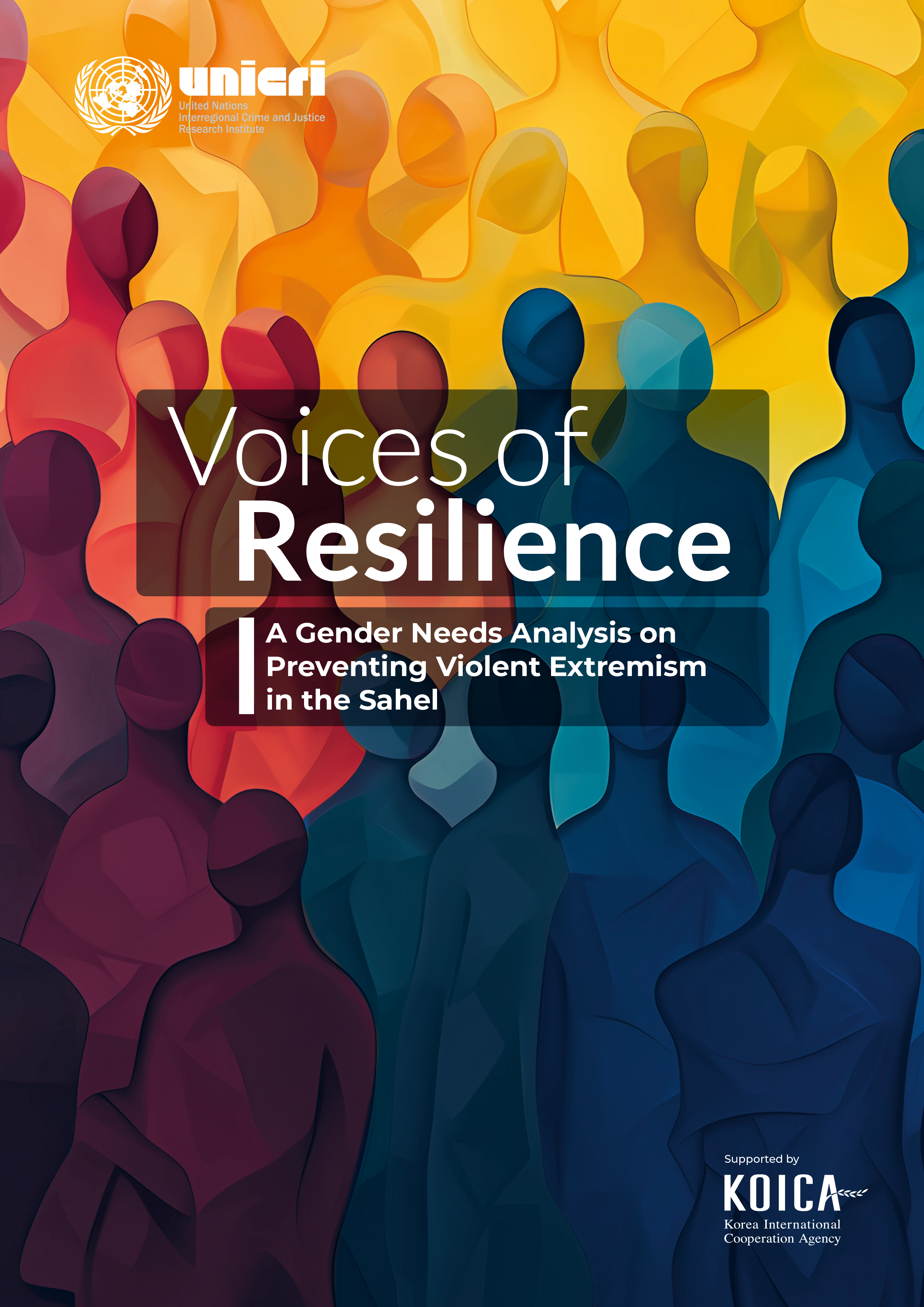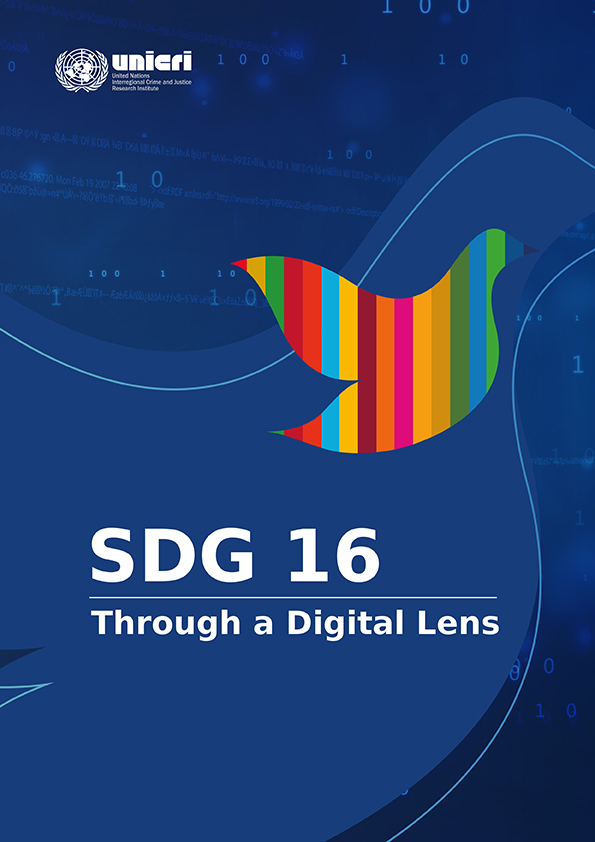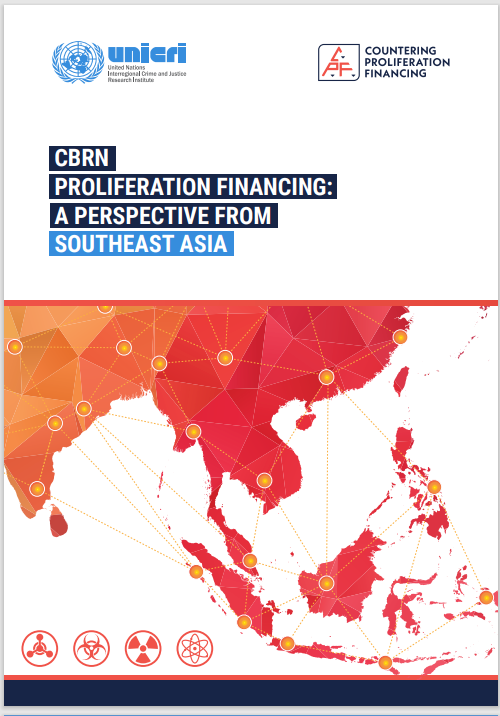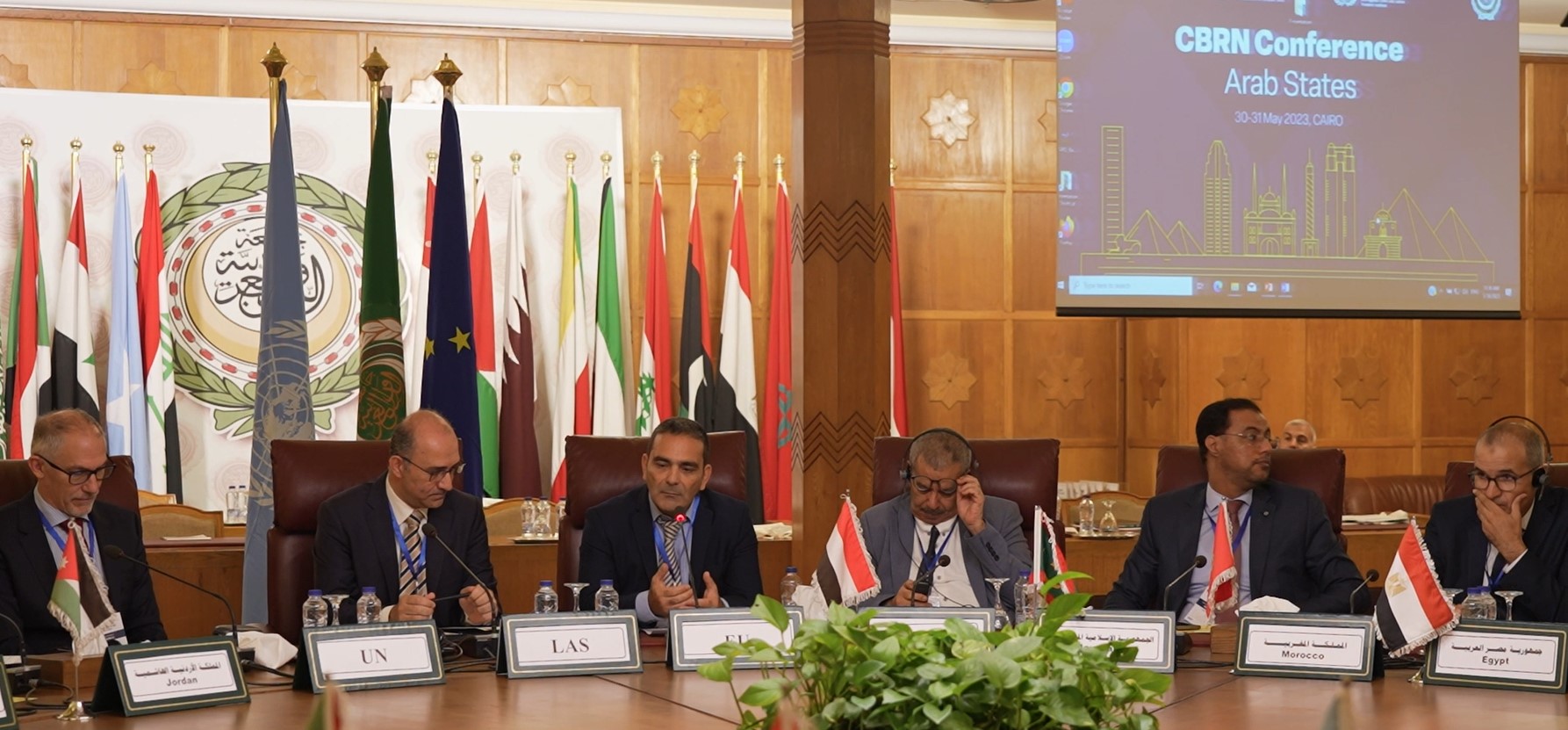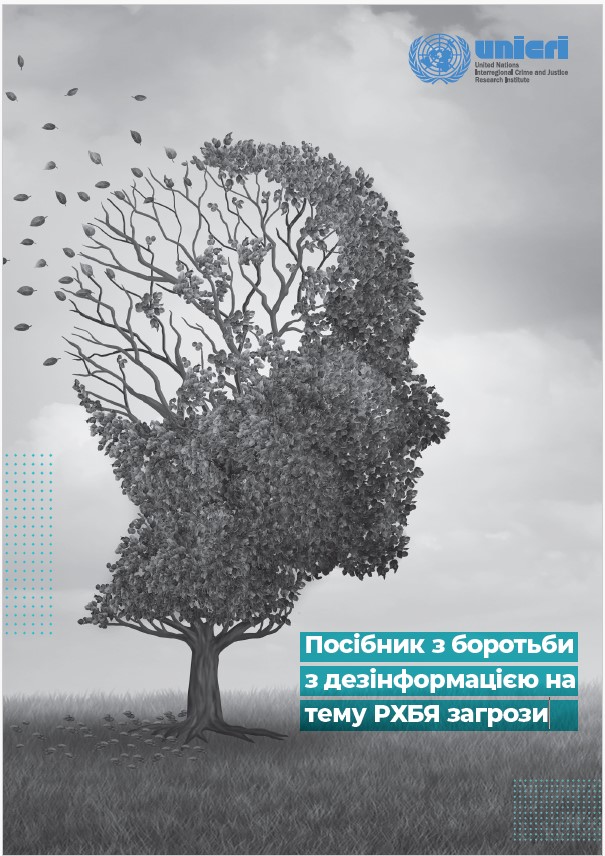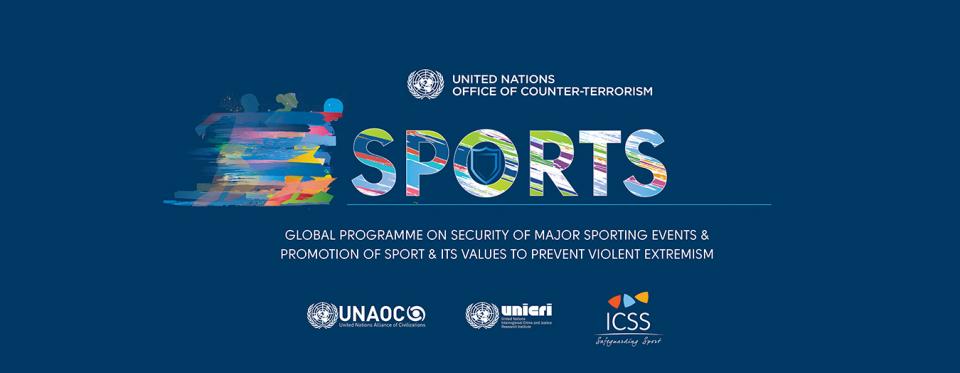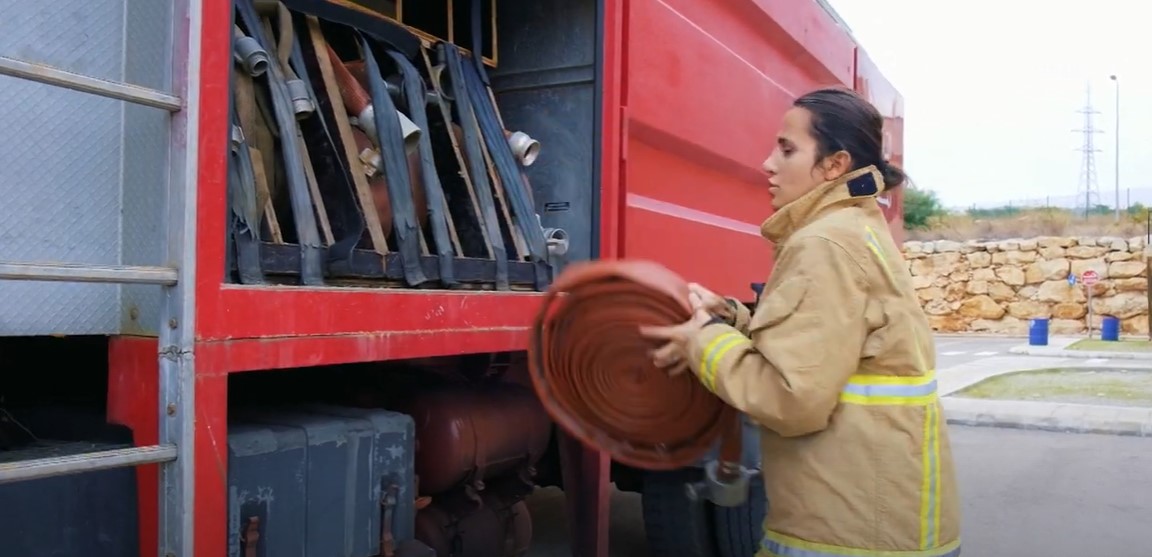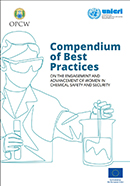The proliferation of chemical, biological, radiological, and nuclear (CBRN) weapons, materials and their means of delivery represents a pressing threat to international peace and security. Actors involved in the financing of such activities look to exploit loopholes in the global financial system to move and raise funds to develop CBRN programmes.
These actors can range from high profile entities (for instance state actors and/or state proxies) to complex networks of criminal enterprises, front companies, and professional intermediaries conducting operations on their behalf. This threatening scenario is further exacerbated by malicious actors’ ability to conceal illicit schemes behind operations that are allegedly legitimate.
The majority of states appear to have a limited understanding of how vulnerable their economy is to proliferation financing activities, especially when the link between proliferation actors and their financial activities is indirect, due, for instance, to the involvement of intermediaries or front companies.
UNICRI’s response
As part of its Strategic Framework to help achieve the 2030 Sustainable Development Goals, UNICRI assists partner countries to detect, prevent and counter CBRN proliferation financing and any associated organized criminal activities through the provision of capacity-building activities, such as sustainable training programmes. UNICRI also supports Member States by producing and disseminating knowledge on the evolution of CBRN proliferation financing strategies and the connections between different players in illicit financing schemes.
Current initiatives and future programming
Thanks to the generous support of the United States Defense Threat Reduction Agency, UNICRI has launched the United Nations’ first global CBRN counter-proliferation finance and sanctions evasion programme. Through capacity-building activities, the programme aims to effectively disrupt the financing of illicit WMD programmes, thereby significantly reducing proliferation threats on a global scale. Previous work by UNICRI in this area includes the project Strengthening Capacities to Identify and Mitigate CBRN Proliferation Financing Risks in Southeast Asia. Thanks to the generous contribution of the United Kingdom’s Foreign and Commonwealth Development Office (FCDO), this project helped to improve understanding of CBRN proliferation financing risks and to enhance awareness of and compliance with international standards and sanctions.
Download the brochure about the Counter-Proliferation Finance and Sanctions Programme
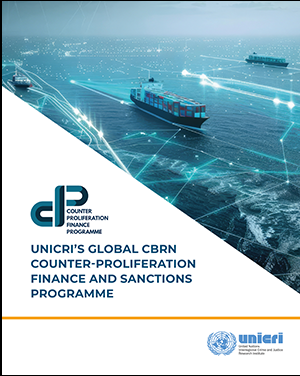
 Related news
Related news
New report: CBRN Proliferation Financing: A Perspective from Southeast Asia
Awareness-raising workshop and national consultations on counter proliferation financing in the Philippines
First-ever national workshop and consultations on countering proliferation financing in Lao People’s Democratic Republic
UNICRI and the UK initiate cooperation to prevent and mitigate CBRN proliferation financing risks in Southeast Asia
